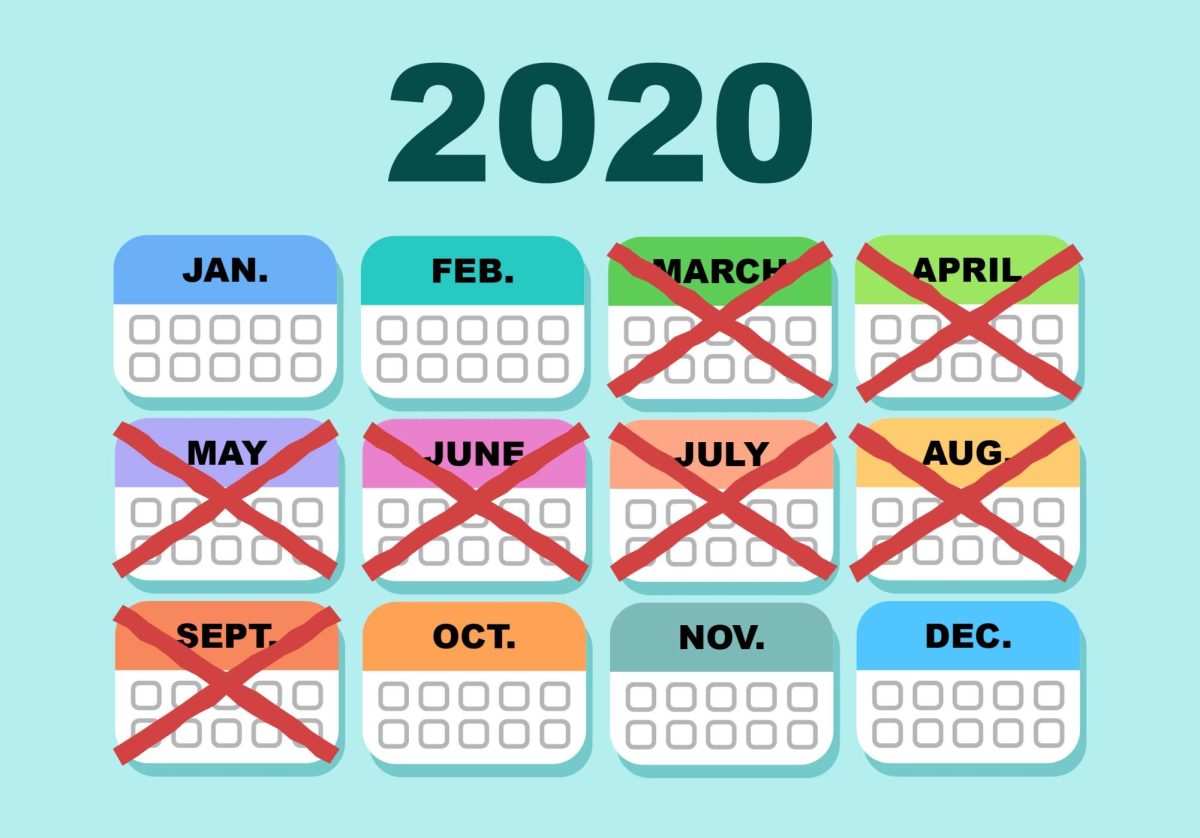When students like us enter the job market, we’ll either be hired directly or contractually. It depends on which is better. For a steady, 9-to-5, part-of-the-workplace job, the preferred option is almost always direct-hire.
Contract labor started out with the California Gold Rush and for the Transcontinental Railroad. American workers couldn’t cover all the work themselves, so companies drew thousands of Chinese immigrants to the American West. They were paid below-market wages and hired on a temporary basis. It worked — a successful precedent for contract labor was laid.
Since World War II, there was an unwritten code of employment that a worker was to receive steady employment, benefits and an annual increase in real wage. That started disappearing in the 1970s, and even more so after 2008.
Contract labor is essentially a temporary arrangement. As a direct-hire, I receive salary, plus paid vacation, plus medical benefits from my direct employer. If I am a contractor, that employer instead pays a contracting firm that it hired to hire me. The firm takes its cut, then forwards me my pay, without benefits or paid vacation. Or, in the case of some employees, I am hired on a yearly basis. This means I’m not guaranteed to be employed here next year until those yearly papers are signed.
Contractors can feel stranded. Since they do not actually work for the company they’re doing work for, protections like the Americans with Disabilities Act, Age Discrimination Employment Act, Title VII of Civil Rights Act and other standards do not apply. If a contractor faces sexual harassment, racial or gender discrimination, unsafe working conditions, late payments, injury on the job or other problems, they do not have human resource departments or other traditional avenues to turn to.
This is all painting a rather disappointing picture of contract work, which sounds like it wouldn’t fly in the job market at all. But that is not the case. An NPR/Marist poll found that 1 in 5 American jobs are contract, as of January 2018.
Contracting could be attractive. An employee might prefer contract to maintain control over vacation, have the freedom to switch jobs quickly and, sometimes, be able to dictate the terms of completing the isolated project they were hired to do. Depending on the nature of the work, this could be far better than being tied to a traditional job.
An employer may prefer contractors to be able to dismiss the employee quickly and without severance, avoid covering paid vacation and health benefits, reduce salary and to avoid spending time cultivating company loyalty in the employee. Sometimes companies have employees start as contractors — to try them out — as an extended interview. That could be good or bad. To me it sounds mostly bad.
There are people who suit jobs that suit contract labor; there are people who don’t. That’s all fine and well until too many of the people who don’t are made to be people who do. Next week, I’ll look a little further into contract labor as it applies to you, me and our school’s faculty and staff.













